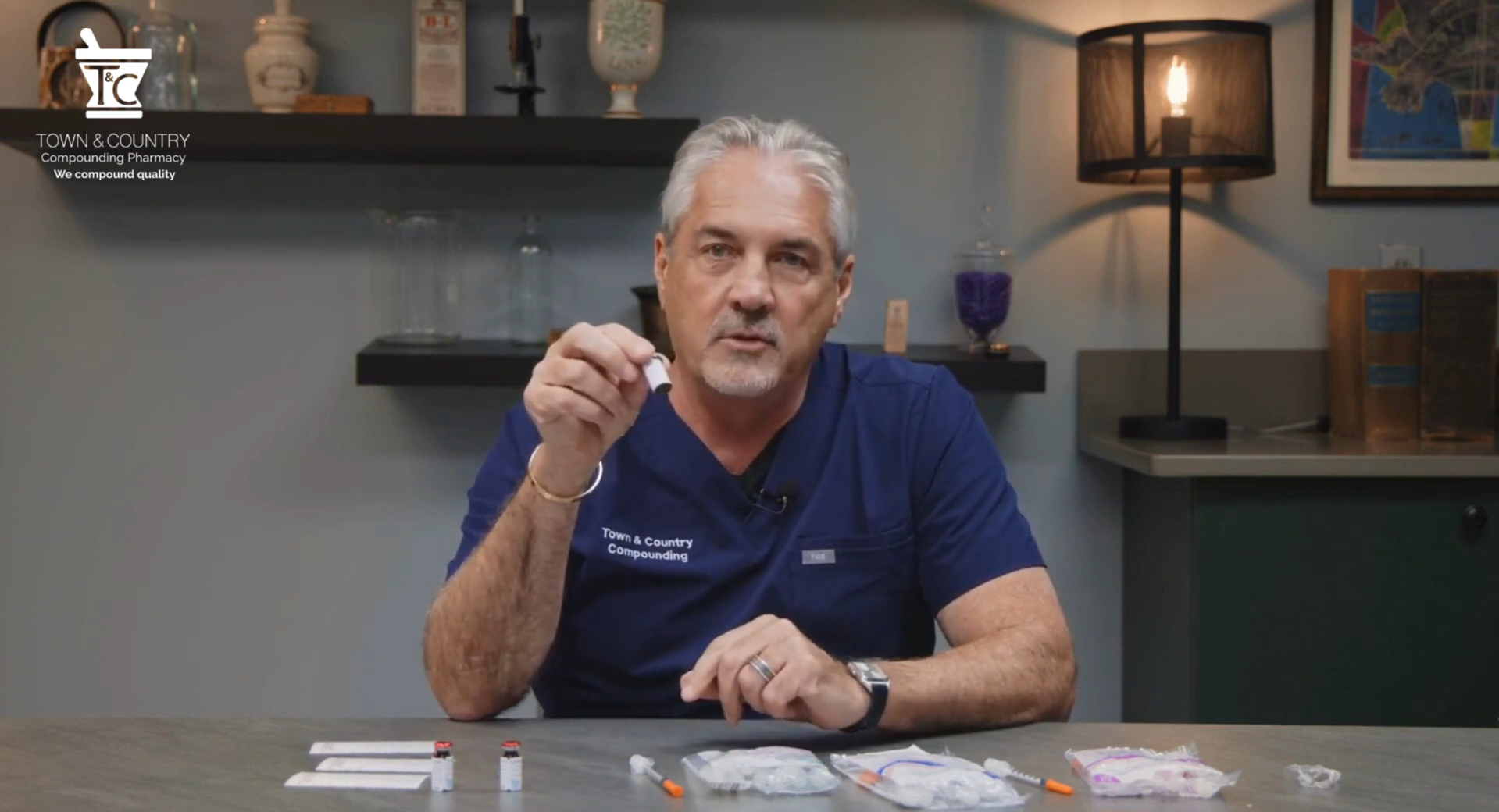The sterile compounding pharmacy you choose is important.
Recently, the FDA made a controversial decision to remove tirzepatide from the FDA shortage list, a move that forced compounding pharmacies to stop providing the drug and sparked confusion and concern among patients. Tirzepatide, a medication primarily used for managing obesity and Type 2 diabetes, has been in high demand. While the intention behind the FDA’s decision may have been to stabilize the supply chain and protect the manufacturer’s interests, Eli Lilly, it inadvertently created a chaotic and unsafe landscape for patients already on this critical medication.
The Compounded Tirzepatide Crisis
Compounding pharmacies typically create personalized medications tailored to individual needs. However, when a drug is in short supply and appears on the FDA shortage list, compounding pharmacies are allowed to compound exact copies of the drug to help patients access the medication they need.
Compounded GLP-1 medications, Zepbound®, Mounjaro®, Wegovy®, and Ozempic® (tirzepatide and semaglutide) injections have been on the FDA shortage list for a very long time, and patients have not had access to the branded drugs at traditional retail pharmacies.
Therefore, compounded versions of tirzepatide and semaglutide injections emerged as options for patients struggling to access the brand-name products Mounjaro®, Zepbound®, Ozempic® and Wegovy®. However, the FDA’s recent crackdown on compounded versions pushed desperate patients to explore less reputable avenues.
New Legal Developments and Patient Confusion
In a surprising turn of events,
the FDA faced a lawsuit
regarding its decision on
tirzepatide injection. This legal
pressure has led the agency to
reconsider its stance, allowing
compounding pharmacies to once again produce tirzepatide injections.
While this is a positive development for many patients, it has also introduced a wave of confusion and anxiety. Patients are understandably concerned that this reprieve might be temporary, fearing that the FDA could reverse its decision once more. This uncertainty has left many patients, practitioners and compounding pharmacies feeling vulnerable and apprehensive about their access to a crucial medication. Traditional retail pharmacies continue to report that they do not have consistent stocks of medication to be able to supply patients.
The FDA’s sudden decision to halt access to compounded tirzepatide injections led patients to stockpile the drug and buy from the unsafe gray market, putting their health at immediate risk.
In the face of medication shortages and exorbitant pricing, many patients resorted to multiple different practitioners at once to secure prescriptions, stockpiling doses in hopes of maintaining their treatment regimen. This is not safe because patients have months of medication without oversight. Medications can and often do get contaminated over time. This practice highlights the desperation felt by many and raises significant ethical and safety concerns. The supply of compounded tirzepatide quickly disappeared.
Gray Market Tirzepatide
The gray market of tirzepatide is a very dangerous alternative. Patients are buying non-vetted powdered drugs from overseas and compounding injections themselves. Some people may test one vial for potency but they do not test for sterility and endotoxins. Compounding is done in a sterile lab environment by trained personnel that are gloved up, masked up and gowned up from head to toe. Formulas are created for injections and calculations are made by pharmacists who have gone to school for 6+ years. People should not think they can do this safely.
READ: Part II: The Gray Market of Tirzepatide Injections—A Dangerous Alternative


